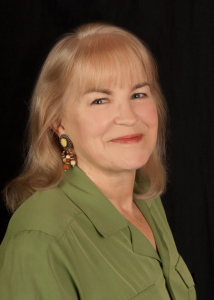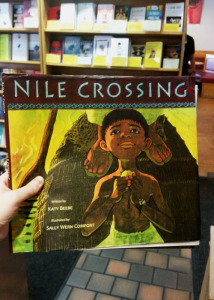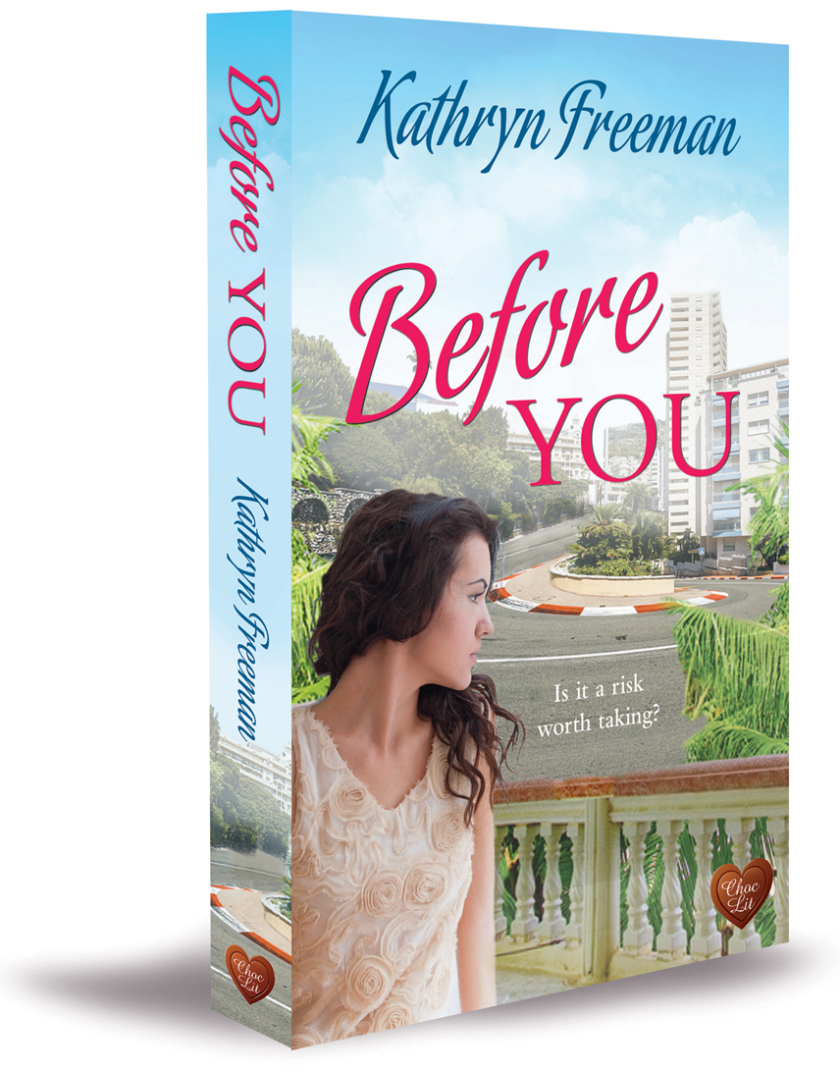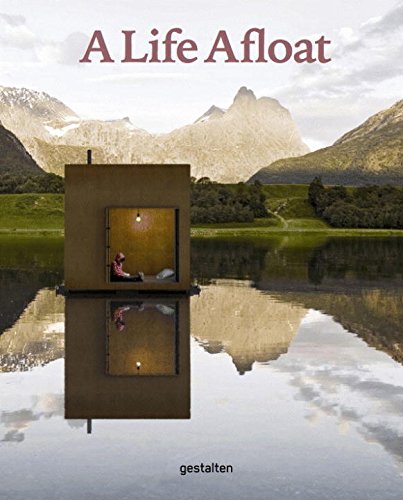
Received from NetGalley for review.
‘Rise up, women, for the fight is long and hard…’
Things a Bright Girl Can Do is an excellent historical romp through the Suffragette movement in England. It follows three girls with vastly different backgrounds – Evelyn, May, and Nell – between 1914 and 1918, as they navigate suffrage, love, and war. Much of the story can be found within history – most of us have at least a basic idea of the Suffragette movement and WWI, but I loved the way that Nicholls combined the two without causing one to overshadow the other. Although the novel is rooted more in the experiences of girls and women during the time, and the struggle for the vote, the impact of the war is also shown, with the devastation it caused to all.
The narrative is split between the three main characters – Evelyn, May, and Nell, three young women who all find themselves within the world of suffrage. Evelyn is rich and bright, and is expected to marry, have children, and keep house like her mother, but she wants more – she wants to be able to go to university like her brother, and finds herself drawn into the world of the Suffragettes by her longing for equal opportunities. I loved that even though Evelyn initially became more involved with the movement to rebel against her parents, she soon realises that the right to vote, to go to university, to be seen as an equal, is important for all and can be worth dying for.
Evelyn was aware of the two ideologies sitting alongside each other in her head; the nice young girl from Hampstead who wanted to be respected, and the rebel woman who wanted to bring down the pillars of the world.
May has grown up within the movement, her mother is a Quaker as well as a feminist, and has long campaigned for equality and peace. Although she is not as wealthy as Evelyn, May and her mother have never really struggled for money. May’s views are very black and white, and I enjoyed how she grew up within the novel, especially after she meets and falls for Nell; she begins to realise that things are not as simple as women being automatically treated the same as men, and conflict being resolved before a war happens, that there are many grey areas within the world that will take many years to change.
Nell, in complete contrast, has grown up in poverty and hardship. She has a loving family, but there are many mouths to feed and not always the resources to do so. She has grown up hard and strong in a world that tells women to be soft and gentle, to mind the children, to let others curse and fight. The relationship that develops between May and Nell was incredibly interesting as they have such different life experiences and viewpoints; they are very much a ‘chalk and cheese’ pairing, and I think Nicholls has done an incredible job of showing the impact of upbringing and how it can shape our world view.
The war had taken even that away, Nell’s glorious battle for freedom. What did women’s freedom matter now? What did anything matter?
As well as exploring the Suffrage movement, Nicholls shows the impact that WWI had – on women, men, children, the wealthy, the poor – on everyone, alongside the impact it had on suffragettes campaigning for the vote. So many different viewpoints are explored – pacifism, patriotism, racism, sexism, and how it all effected people for a vast array of different reasons, and they have all been explored with fairness and sensitivity. I don’t think I can really find fault with this book – highly recommended for anyone who wants a slightly fictional take on two very important moments in history, or who wants to read about a plethora of amazing feminist figures from the past.
I am a Suffragette because for the first time in my life, I feel as though I have a purpose, a goal. I feel as though I am useful. I am powerful. I am doing the job I was put on this earth to do.
Read: September 29th-October 15th 2017
4/5 stars
Advertisements Share this:




